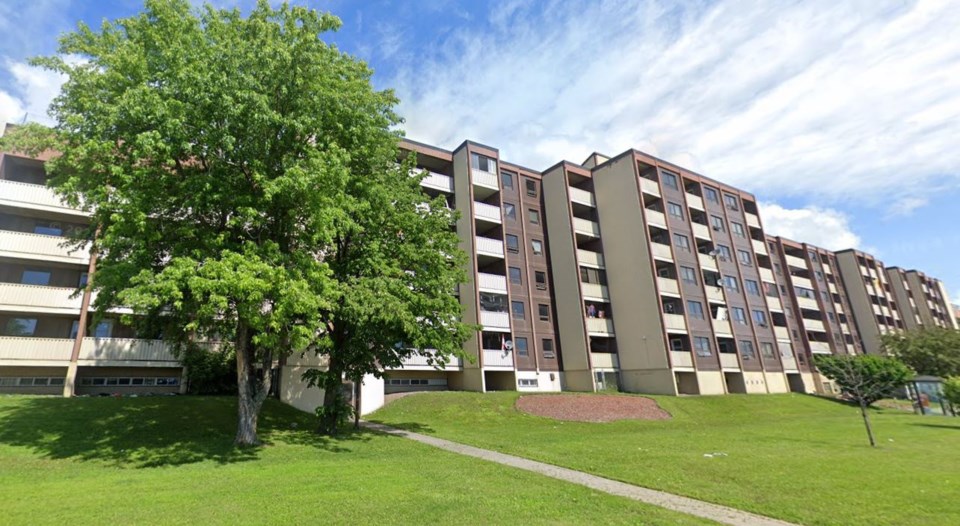THUNDER BAY — Delays at the Landlord and Tenant Board have cost the District of Thunder Bay Social Services Administration Board an estimated $300,000 so far this year and have a negative impact on safety in public housing.
The DSSAB is advocating for the provincial government to address ongoing delays which it says are affecting community housing operations and tenant safety.
“If you're involved in some level of illegal activity that’s going to adversely impact your neighbours living around you and the safety and security of that building,” said Crystal Simeoni, the DSSAB’s director of integrated social services. “We go to the Landlord and Tenant Board to start the process for possibly an eviction.”
The DSSAB manages more than 4,700+ housing units across the district, 2,473 of which it directly owns. The organization turns to the Landlord Tenant Board when serious breaches of tenancy occur.
Earlier this year, the DSSAB had 63 applications awaiting Landlord Tenant Board hearings, said Simeoni, that number has since decreased to around 40.
While awaiting a hearing the affected units remain unavailable.
“Those units are actually occupied, a tenant is living in them, and we have taken them to the Landlord and Tenant Board because they are not meeting the threshold of the tenancy or the lease agreement,” said Simeoni.
According to the board, these delays have already resulted in an estimated $300,000 in lost rent, repair costs, and insurance claims tied to property damage.
The DSSAB is advocating for streamlined Landlord Tenant Board hearings and, where possible, priority consideration for community housing providers. The board also raised concerns about administrative dismissals over technicalities like missing documents, difficulties navigating virtual hearings, inconsistent scheduling, and a lack of adjudicator training in the realities of public housing.
“We are also advocating for training and understanding of community housing matters for specific adjudicators,” said Simeoni. “The balance of social housing landlords can be different than mainstream landlords.”
As part of its recommendations, the DSSAB is proposing that adjudicators be assigned by geographic region and that long-term reforms be introduced to reflect the unique challenges of managing publicly funded housing.
These proposals will be brought forward at the 2025 Association of Municipalities of Ontario (AMO) Conference this August, where the DSSAB aims to garner broader support for reforms that protect tenants and strengthen the community housing system.
